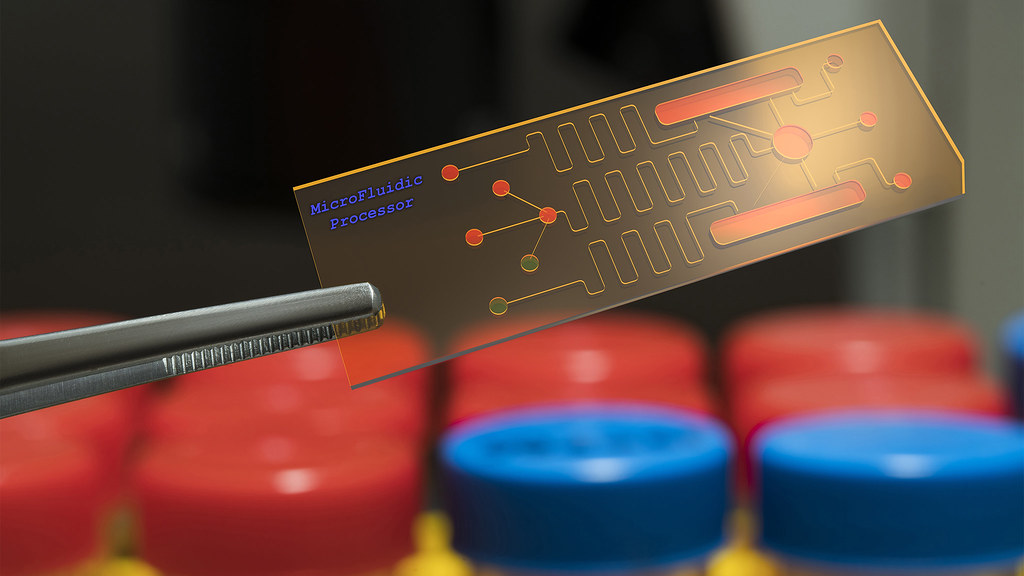We have a critical mass of researchers across the University working on different aspects of biosensor development. These range from transducers and molecular detection techniques to the study of biomarkers and the coupling of bioreceptors with electrodes, sensor surface characterisation and (bio)chemical amplification methods.
Key areas of expertise
- Electrochemical techniques and sensors
- Optical biosensing techniques, including fluorescence and surface plasmon resonance
- Acoustic sensing (quartz crystal microbalance)
- Surface bio-immobilisation
- Using semiconductor electronic structures as biosensors
- Biomarkers and bioreceptors
- Using nanomaterials for enhanced sensing
- Using synthetic organic and inorganic compounds for signalling
- In vitro detection of a wide range of analytes in bodily fluids and water samples (ions, small molecules, DNA, proteins, bacteria and cells)
